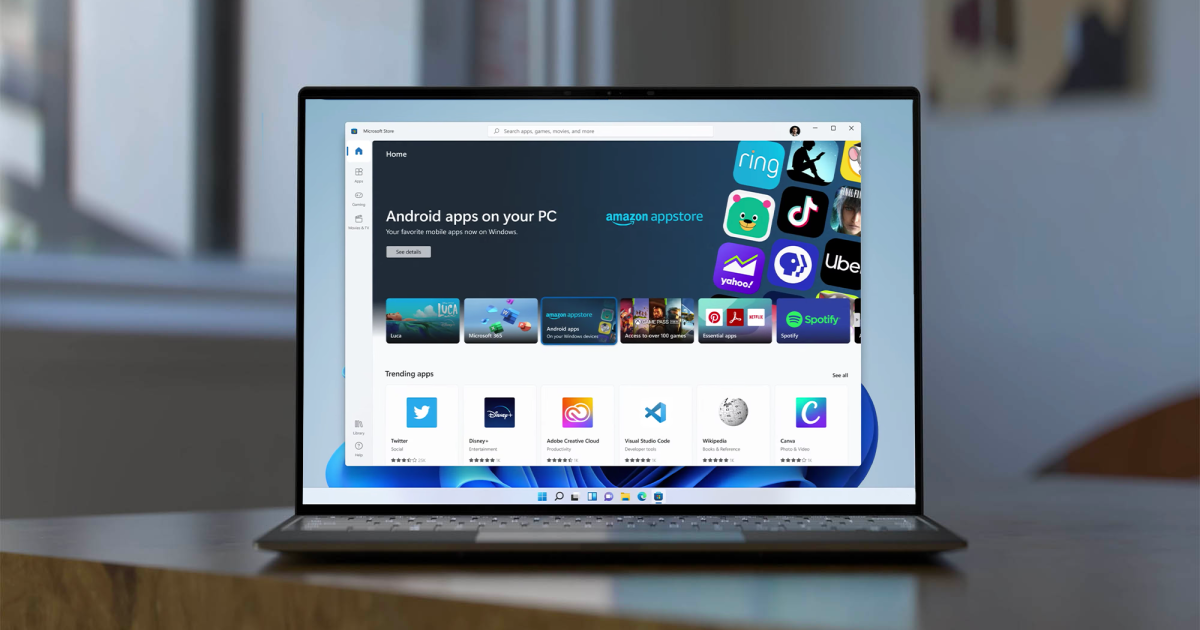Amine is a tech entrepreneur and writer. He is currently the CMO at Regal Assets and CEO at IronMonk Solutions.
getty
The finance industry is becoming ever more competitive and experiencing a continued expansion of new companies to the field. People are also getting wealthier, and the number of millionaires continues to grow, attracting more professionals to finance. In the face of stiff competition, it’s necessary to have a digital marketing strategy.
To express how important digital marketing is for finance companies, let’s look at how many people use the internet. According to a CISCO report, 90% of North Americans use the internet, and usage is expected to reach 92% by 2023. Applying a digital marketing strategy allows you to reach millions of people cost-effectively. It also allows you to gain access to specific audiences, you can direct your marketing campaign to your buyer persona, rather than the general public.
As a finance and marketing professional, I can attest to the importance of a sound digital marketing strategy if you work in investing, banking or financial services. The world is becoming increasingly digitized, and if you don’t meet people where they’re at (i.e., on the internet), you could cede ground to your competitors who do.
Reasons To Use Digital Marketing
Firstly, you can reach a specific or tailored audience. With TV, billboards or radio you are reaching out to a broad audience, and you are not specifically targeting likely customers. With digital marketing, you might use the features of a platform to target an audience based on age, interests or behavior. Your chances of reaching the right audience are much higher, and you can pick and choose these metrics as your needs change. It also allows you to identify subgroups within your clientele. If you have more than one type of product, you can tailor a campaign to this more specific subset of customers.
Secondly, you can access all the metrics of your digital marketing strategy, as it’s all online. You can measure things such as page views, shares, clicks or time on a page. This allows you to determine your return on investment. You know exactly how profitable your digital marketing campaign was, as you can see the results of each aspect of your efforts.
Thirdly, you could be even more visible than the biggest players in the industry. Many of the largest corporations have millions of dollars to spend on traditional advertising. If you don’t have that kind of firepower, digital strategies allow you to outrank the big guys.
Opportunities For Digital Marketing
Let’s run through the three main digital marketing channels and the tactics involved in each one.
Search Engine Optimization
The idea here is to rank as high as possible on search engines, such as Google or Bing. The higher the ranking, the more chances you have of generating organic (free) traffic to your website. More traffic means more potential clients becoming aware of your brand and services.
This digital marketing channel is composed of three parts:
• On-page SEO focuses on the content on your website’s pages. You can research keywords that resonate with your buyer persona or keywords that potential clients might ask. The task is to create quality content when answering those questions, so your pages rank higher.
• Off-page SEO relates to all activity that happens away from your website. I’m referring to inbound links to content on your website. These links are known as backlinks, and the more websites link back to your content, the higher the ranking. The quality and authority of these websites also affect your ranking.
• Technical SEO is concerned with the back end of your website. Things like coding, image compression and cascading style sheets, or CSS. These are important aspects of your website that determine how quickly your pages load. Search engines like Google use it as an important ranking factor.
Pay Per Click
PPC means paying a publisher each time you get a click on your ad. One of the most popular programs is Google Ads, which allows you to pay for the top slots of their search engine. These slots are assigned to keywords and the slots are sold at an auction.
Some of the channels you can use to place PPCs are Facebook, Twitter or LinkedIn. Paid ads on Facebook will publish your content in a specific audience’s newsfeed matching your business profile. Twitter Ads allows you to pose posts or badges to a specific audience to increase website traffic. Sponsored messages on LinkedIn allow you to direct message LinkedIn users based on factors such as location or industry.
Social Media Marketing
This angle lets you promote your brand, social media channels and content. The end goal is to create more traffic and generate leads for your business. The social media channels you can use for this purpose are:
• Facebook.
• Twitter.
• LinkedIn.
• Instagram.
• Snapchat.
• YouTube.
Takeaways
In this day and age where just about everyone is connected to the internet, it is vital for any business to have a strong online presence. As we move forward, younger generations are likely to be even more centered on using the internet to access all sorts of services. So, having a strong digital marketing strategy is a must if you want to succeed in the increasingly competitive finance industry.
Forbes Communications Council is an invitation-only community for executives in successful public relations, media strategy, creative and advertising agencies. Do I qualify?









